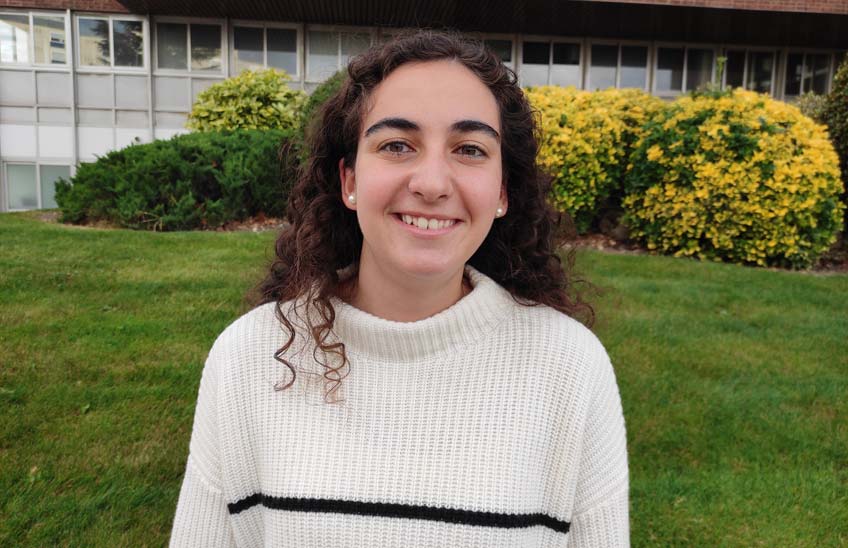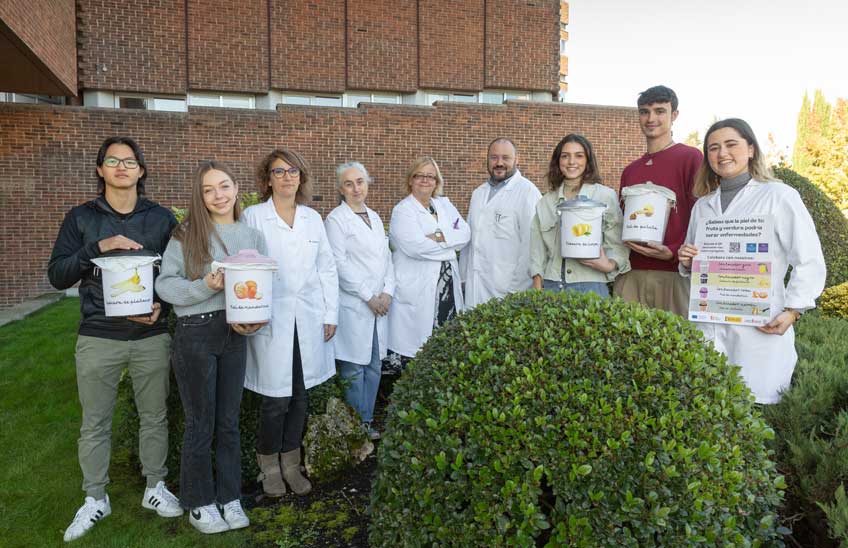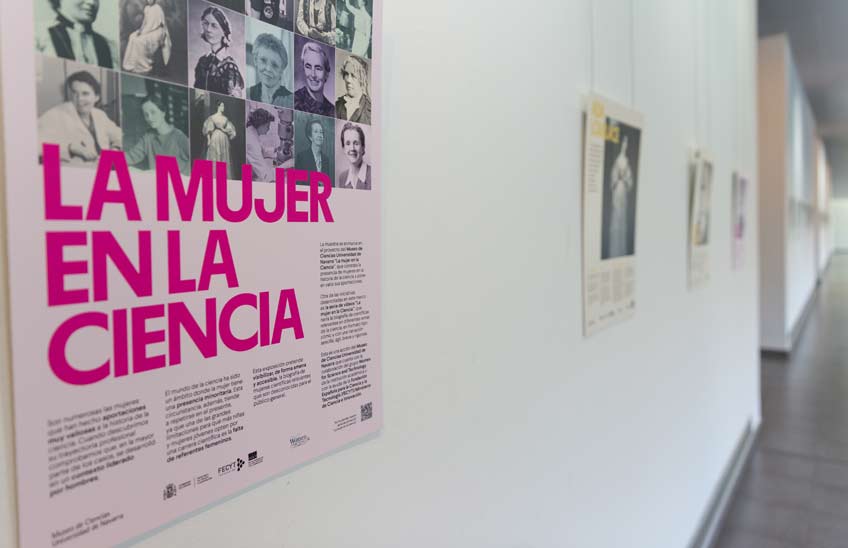Mercedes Valerio (BIO'17), best oral presentation in the XV National congress of the Spanish Terrestrial Ecology association
Receives this recognition out of a total of 258 oral presentations.

PhotoEnriqueCobos/Mercedes Valerio
04 | 11 | 2021
The biologist Mercedes Valerio, former student and doctoral student of the School of Sciences, has been recognized with the award to the best oral presentation made by a PhD student, in the framework of the XV National congress of the Spanish association of Terrestrial Ecology (AEET), held in mid-October in Plasencia (Cáceres).
The work presented by Mercedes - degree scroll "Stability of plant communities in a species-rich Mediterranean grassland" - has focused on the study of the temporal stability of a grassland. "We have tried to understand how different factors such as fertilization, issue of species or subject of species (more or less competitive) influence these temporal changes in the abundance of grassland species," says the young researcher.
The AEET recognizes every two years two papers, the best oral presentation performed by a PhD student and by a junior postdoctoral researcher , and in its assessment takes into account aspects such as the originality of the work, the methodology used, the adequacy of the conclusions presented, the clarity of exposition, the use of audiovisual material, and the ability to respond to the questions raised by the audience.
"I interpret this award as a confirmation of my vocation for the research degree program and it is a motivation to continue working in this world, right now, through my doctoral thesis ," adds Valerio.
Mercedes Valerio is a former student of Biology (2017) and of the Master's Degree in Biodiversity, Landscapes and Sustainable management (2018). She is currently pursuing her doctoral thesis on plant communities at the department of Environmental Biology of the School. "We seek to better understand how different types of plant communities function, and what factors or processes affect them, in order to know how they will respond to current global change and the resulting loss of biodiversity. The more we know about plant communities, the better we can conserve them, manage them, and maintain well-functioning ecosystems."




